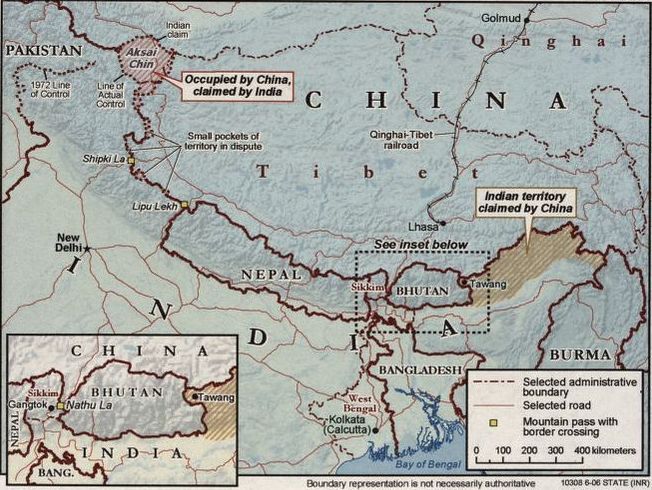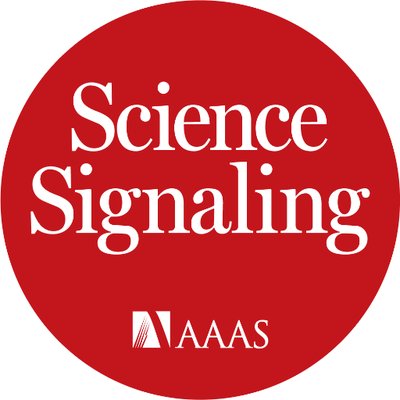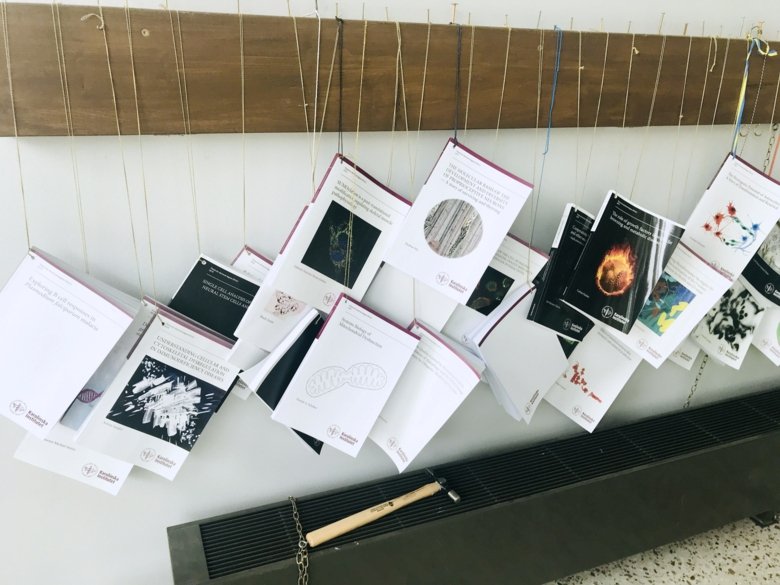
Would you consider a donation to support Weekend Reads, and our daily work? Thanks in advance.
The week at Retraction Watch featured:
- Paper used to support claims that ivermectin reduces COVID-19 hospitalizations is withdrawn by preprint server
- University president in Japan self-plagiarized and will forfeit some pay
- French ocean institute goes public about authors who forged their researchers’ names
- Vice chancellor in Pakistan sues researcher whose work he plagiarized – and says he was the victim
- Paper overestimated risk of COVID-19 to endangered apes
- ‘Amateur bullshit’ is the price to pay for democratizing scholarly publishing, says editor
- University recommends seven more retractions for psychology researcher
Our list of retracted or withdrawn COVID-19 papers is up to 209. There are now more than 32,000 retractions in our database — which now powers retraction alerts in EndNote, LibKey, Papers, and Zotero. And have you seen our leaderboard of authors with the most retractions lately — or our list of top 10 most highly cited retracted papers?
Here’s what was happening elsewhere (some of these items may be paywalled, metered access, or require free registration to read):
Continue reading Weekend reads: ‘Death threats, ghost researchers and sock puppets’; high levels of duplication in Russian science; DNA barcoding fraud?



